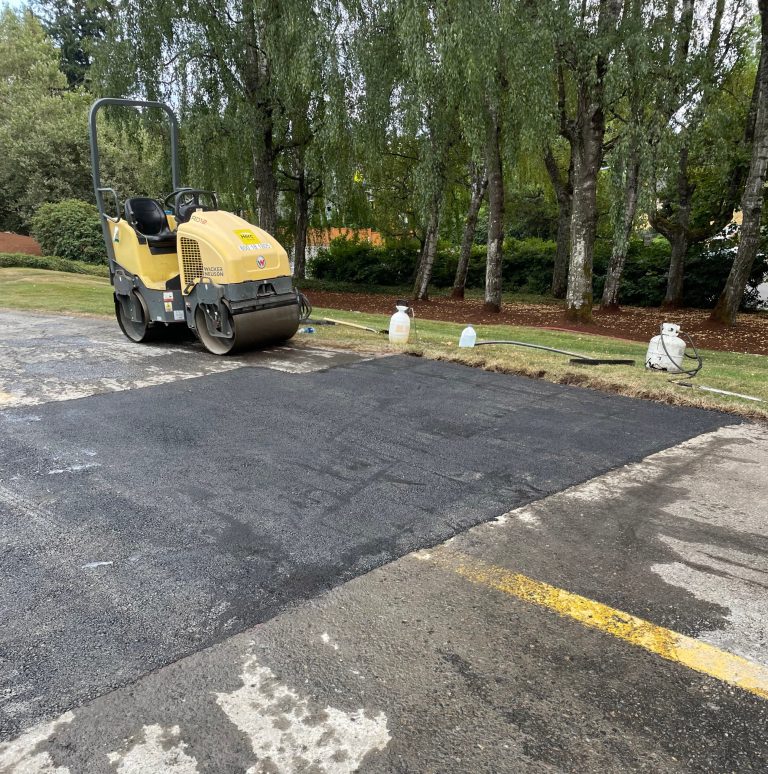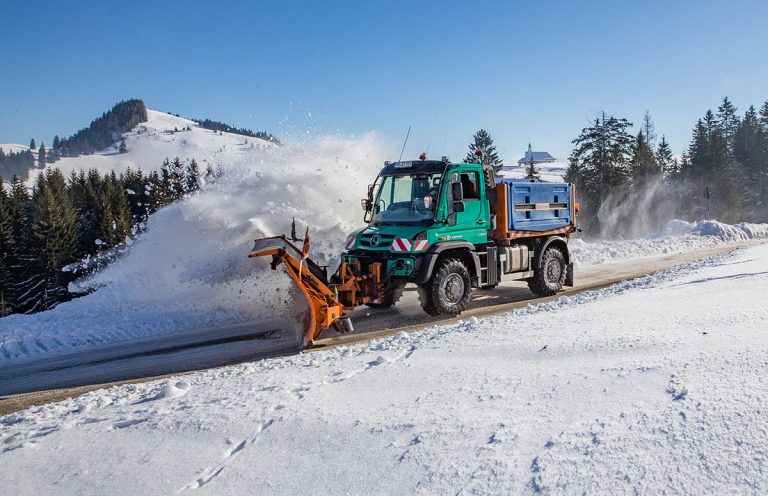
As the world shifts toward sustainable energy solutions, Wood Briquette have emerged as an eco-friendly and efficient fuel option for both stoves and boilers. Made from compressed biomass materials such as sawdust, wood chips, and agricultural residues, wood briquettes offer a renewable alternative to traditional fossil fuels. Their high energy content, low moisture levels, and easy handling make them an ideal choice for households and industries seeking greener heating solutions. By adopting wood briquettes, users can reduce carbon emissions, lower heating costs, and support sustainable forestry practices.
What Are Wood Briquettes?
Wood briquettes are solid fuel blocks created by compressing raw biomass materials under high pressure without the use of chemical binders. The result is a dense, uniform product that burns efficiently and produces consistent heat. Unlike firewood, wood briquettes have a low moisture content, which allows for cleaner combustion and higher energy output. These characteristics make wood briquettes a reliable and eco-friendly fuel for both residential stoves and industrial boilers.
Advantages of Using Wood Briquettes
One of the primary advantages of wood briquettes is their sustainability. They are produced from renewable resources, often utilizing wood waste that would otherwise be discarded. This reduces environmental impact and promotes responsible resource management. Additionally, wood briquettes are highly energy-efficient, producing more heat per unit weight compared to traditional firewood. They also generate minimal ash, reducing the frequency of cleaning in stoves and boilers.
Wood Briquettes for Stoves
Wood briquettes are particularly well-suited for household stoves. Their uniform size and density ensure steady combustion and controlled heat output, making it easier to maintain comfortable indoor temperatures. Using wood briquettes in stoves also reduces smoke and particulate emissions, contributing to cleaner indoor air quality. Many homeowners prefer wood briquettes because they are compact, easy to store, and ignite quickly, providing a convenient alternative to loose firewood.
Wood Briquettes for Boilers
Industrial and commercial boilers can benefit significantly from wood briquettes. Their consistent energy density and low moisture content allow for efficient and predictable combustion, optimizing boiler performance. Wood briquettes reduce the need for frequent fueling and minimize maintenance requirements due to low ash production. Power plants and biomass heating systems increasingly rely on wood briquettes to meet renewable energy targets while ensuring reliable and cost-effective heat generation.
Environmental Benefits of Wood Briquettes
Using wood briquettes contributes to a greener environment in multiple ways. Since they are made from compressed biomass, wood briquettes are carbon-neutral; the carbon dioxide released during combustion is roughly equal to the amount absorbed by the source trees during growth. Additionally, wood briquettes reduce reliance on fossil fuels, helping lower greenhouse gas emissions. The production of wood briquettes also supports recycling of wood waste and forest residues, preventing unnecessary landfill disposal and promoting sustainable forestry practices.
Economic Advantages of Wood Briquettes
Wood briquettes offer several economic benefits. They are often more affordable than fossil fuels, providing cost savings for households and businesses alike. The efficient combustion of wood briquettes reduces the quantity of fuel required, further lowering heating expenses. The growing demand for wood briquettes also supports local economies by creating jobs in manufacturing, transportation, and biomass collection. For industries that utilize large-scale heating systems, wood briquettes represent a reliable and economically viable energy solution.
Storage and Handling of Wood Briquettes
Proper storage of wood briquettes is essential to maintain their quality and energy content. They should be kept in a dry, ventilated area to prevent moisture absorption, which can reduce combustion efficiency. Unlike loose firewood, wood briquettes are compact and uniform, making them easy to stack and handle. Their durability ensures minimal breakage during transport and storage, allowing for convenient use in stoves and boilers.
Innovations in Wood Briquette Production
Modern manufacturing techniques have improved the quality and efficiency of wood briquettes. Advanced compression methods produce dense, uniform briquettes that burn longer and cleaner. Some producers are experimenting with blending different biomass materials to enhance energy content and performance. Innovations in wood briquette production not only optimize fuel efficiency but also promote environmental sustainability by making full use of wood residues and agricultural by-products.
The Future of Wood Briquettes
The demand for sustainable heating solutions is expected to rise, and wood briquettes are well-positioned to meet this need. They offer a reliable, renewable, and environmentally friendly alternative to traditional fuels. With continued advancements in production technology and increased awareness of environmental benefits, wood briquettes will play a key role in reducing carbon emissions and supporting the global transition to clean energy.
Conclusion
Wood briquettes provide a sustainable and efficient fuel solution for stoves and boilers, combining high energy output, low emissions, and renewable sourcing. Their consistent quality, ease of use, and environmental benefits make wood briquettes an ideal choice for households, businesses, and industries seeking eco-friendly heating alternatives. By choosing wood briquettes, users can reduce their carbon footprint, lower heating costs, and support responsible biomass utilization, contributing to a cleaner and more sustainable future for energy production worldwide.



